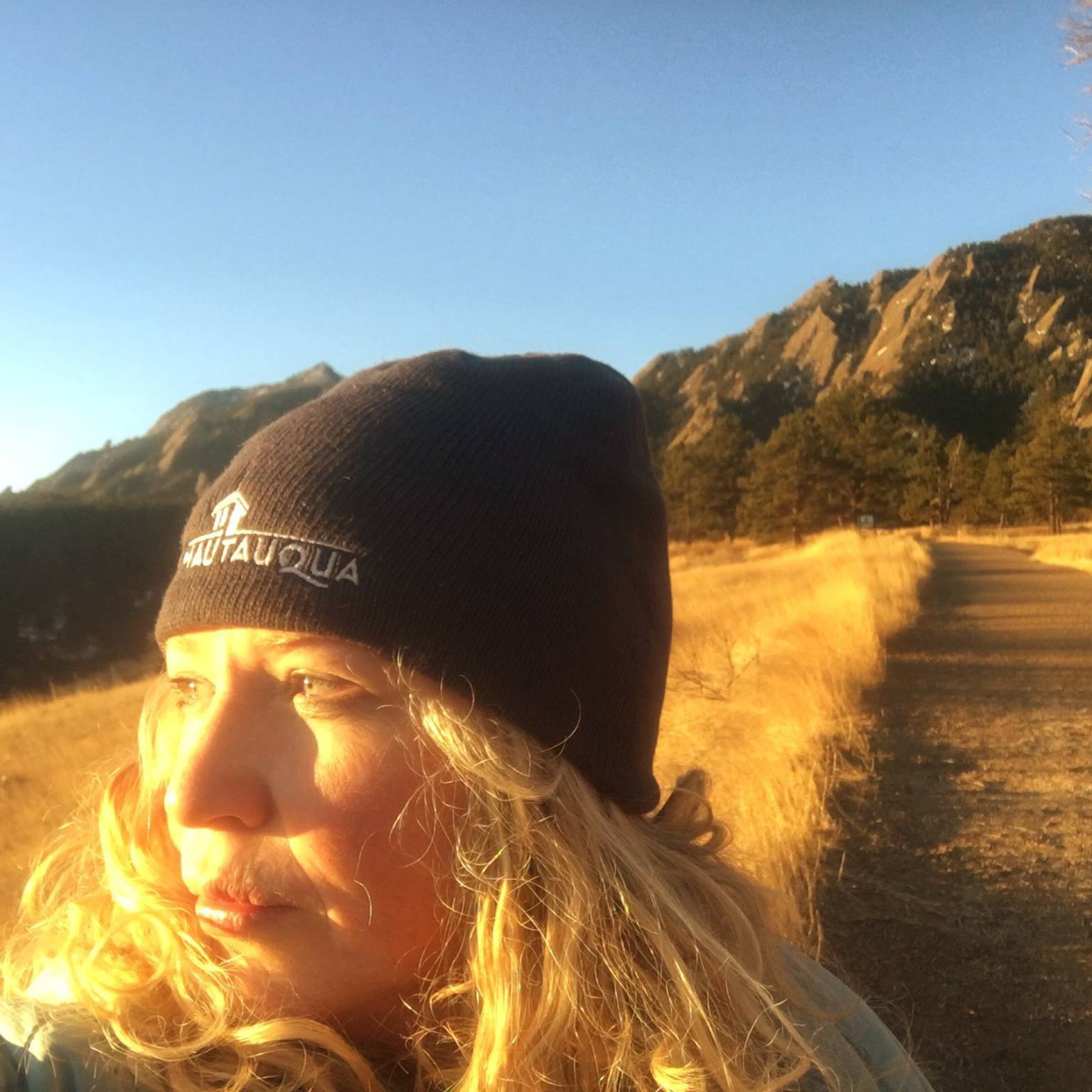I already established in my last post that I’m not a water lover. But guess what? I really really enjoyed our five day adventures on Okanagan Lake, B.C., so much so that I may consider myself a quasi-water lover (baby steps, people).
My history with water-skiing hasn’t been pretty. Growing up, my family never went boating enough for me to actually improve so I’d usually look like a decrepit 100-year-old as I got dragged around the lake (when I was lucky enough to get up, that is). I tried wake-boarding years ago and found that a lot easier but I had pretty much discounted water sports from my repertoire.
Until I saw my brother Pat surf.
Though I don’t fear the water, the thought of real surfing terrifies me and I want to take surfing lessons to get over my fear of getting trampled by the waves. But when I saw Pat surf behind the boat, I was enthralled. It was like poetry in motion as he smoothly cut in and out of the wake, rocking out to the tunes blasting on the boat (I learned your playlist whilst surfing is almost as important as the board you’re using).
Turns out, surfing isn’t as easy as just throwing a rope behind the boat. In order to create a big wake, a proper ballast is required to make the boat sit lower in the water on the side you will be surfing on. My brother’s new Mastercraft has “fat sacs” to weigh it down even more.
And yes, you can insert fat jokes here.
Hadley and Bode both fell in love with surfing.
“You can do it, Amber,” my sister-in-law Jane encouraged me. “It’s a lot easier than water-skiing or wake-boarding.”
I didn’t believe her but because I wanted to set an example for the kids in trying new things that scare us, I decided to try. I made the goal to get up by week’s end.
Coach Jane joined me in the water. The process:
1) Float around like an idiot trying to get your feet in the right place on top of the board while swallowing a gallon of water. Since it’s a surfboard, there are no foot holds so positioning is key.
2) Call out to your brother who is driving the boat to give you a little drag. That is in reference to slowly starting to move the boat forward, not to smoking. Though both can kill.
3) Holding the rope between open knees, flip the board toward you by pushing down with your heels so that the edge of the board further from the boat is under water and the edge closet to the boat is up slightly in the air. Ingest more water.
4) Pull back on the rope to make sure it can support you (at least in your dreams), then lean waaay forward so your hands are between your feet. And yes, this looks as awkward as it sounds.
5) Yell “hit it” and fighting, fighting, fighting against the water, point your board toward the boat’s prop and begin turning toward the wake by putting more weigh on the edge of the board.
6) Freak out because, my GOSH, you got up on the first try! And then you react as any surfing professional would do: you jump off.
“You got up!” Jane yelled. “Why did you do that?”
“Because I didn’t know what to do next!” I’d been so focused on watching how everyone got up, I hadn’t paid attention to how they actually surfed.
Second try, I popped back up and once I was stabilized, I slowly started pulling myself closer until I reached the sweet spot right before the boat. I was surfing!! And it was glorious!! The learning curve was huge and each time, I’d get better at shifting my weight to surf the wave.
Next summer’s goal: drop the rope and surf without its support.
Because after getting up the first try, I believe in miracles.
====
Oh Canada Part I: My Home and Native Land
Oh Canada Part II: Home on the Range (errr, boat)
Oh Canada Part III: How Not to Die When Surfing Behind the Boat
Oh Canada Part IV: Jumping Into the Abyss













 I'm a Canadian-born mom of two, former Denver Post columnist, family travel writer, editor of MileHighMamas.com and 9News contributor. Expert on all things Utah, Denver, family and travel. Lover of laughter and life. Happily married to a man obsessed with growing The Great Pumpkin.
I'm a Canadian-born mom of two, former Denver Post columnist, family travel writer, editor of MileHighMamas.com and 9News contributor. Expert on all things Utah, Denver, family and travel. Lover of laughter and life. Happily married to a man obsessed with growing The Great Pumpkin.